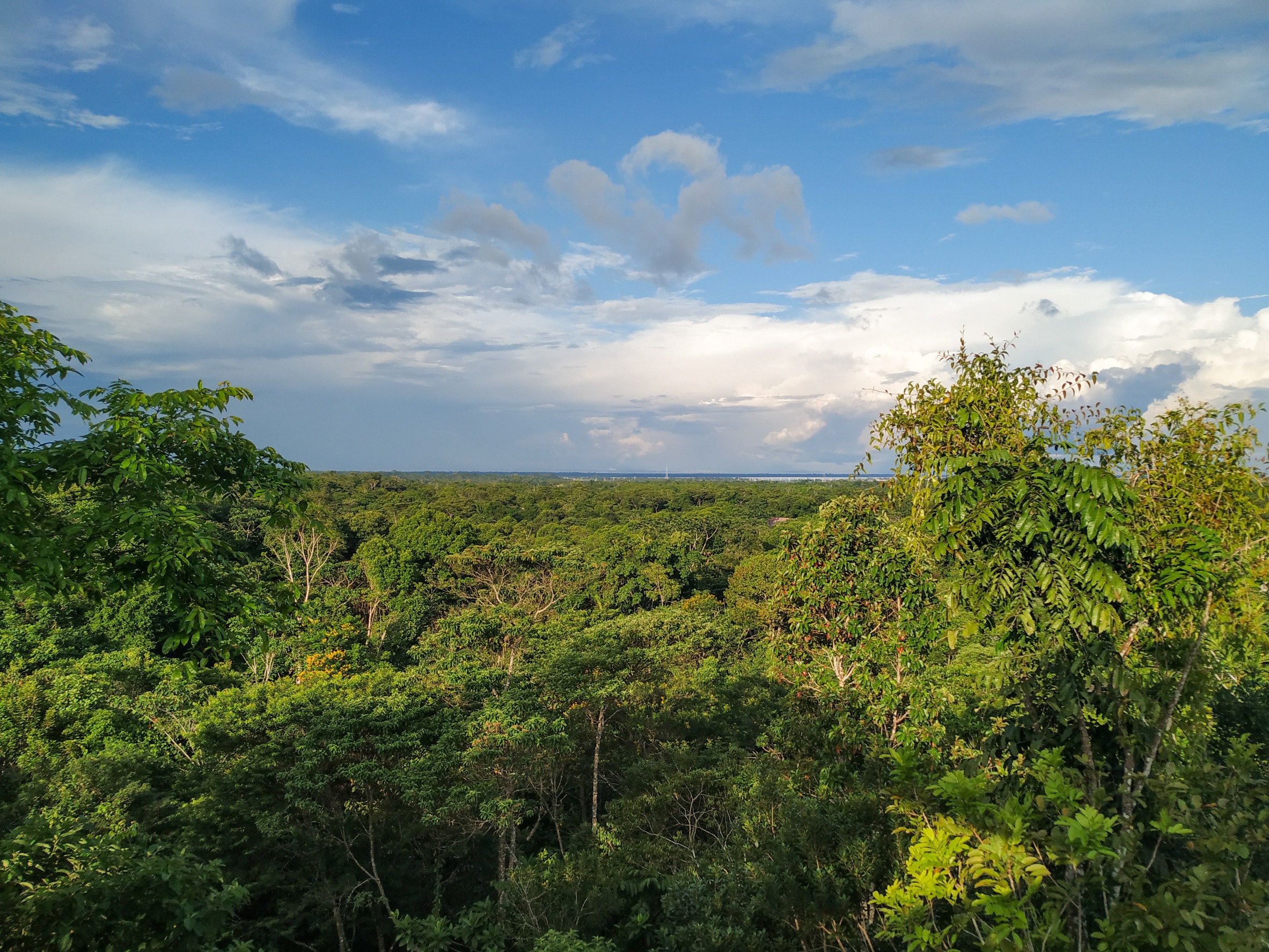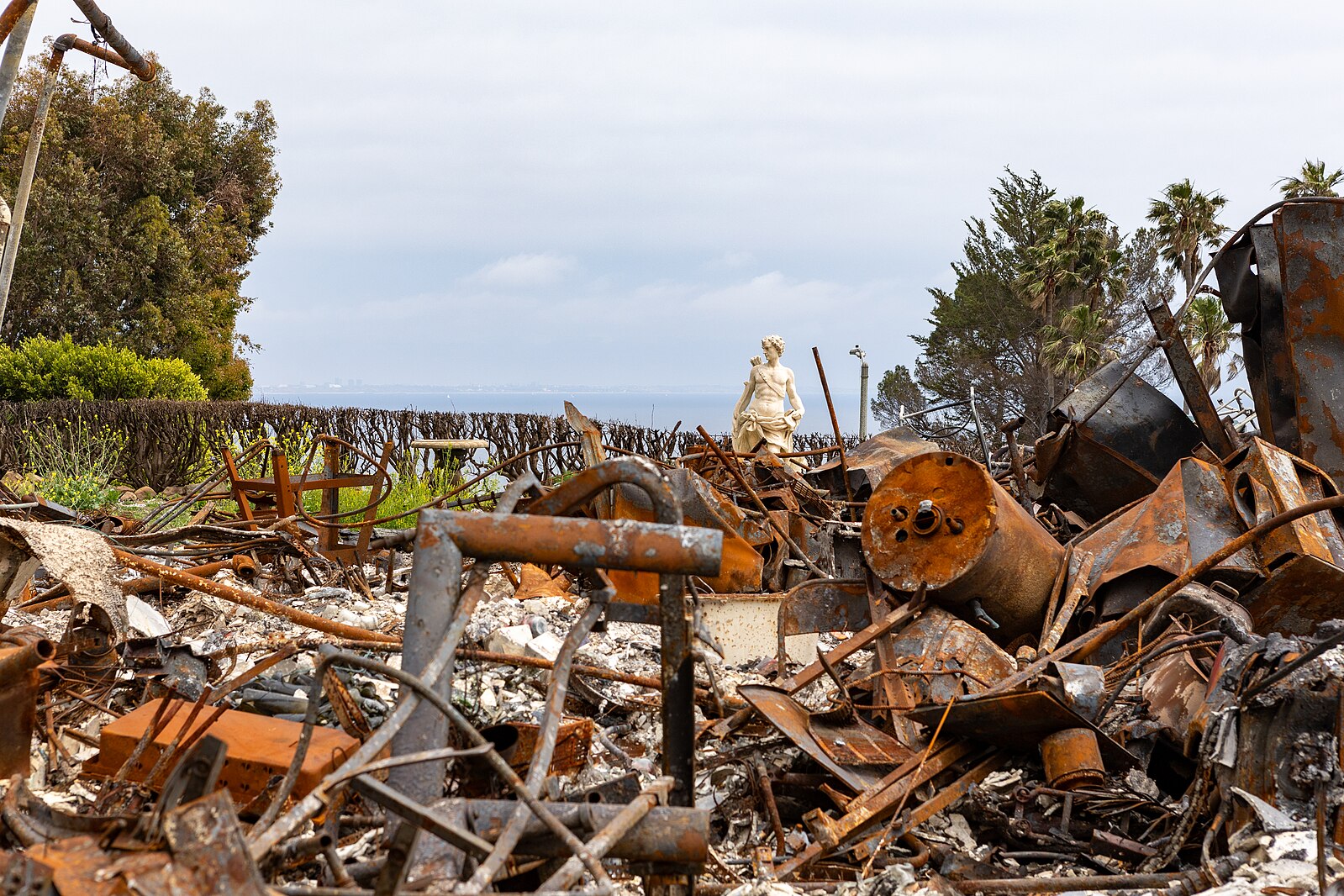BY THE OPTIMIST DAILY EDITORIAL TEAM
Colombia’s deforestation rate dropped to its lowest level in 23 years, marking a significant milestone in the country’s environmental conservation efforts. According to Colombia’s environment ministry, forest loss decreased by 36 percent in 2023, from 1,235 square kilometers (just under 477 square miles) in 2022 to 792 square kilometers (just under 306 square miles) in 2023. This amazing drop is primarily due to increased conservation efforts, particularly in the Amazon jungle.
Historic achievements in forest conservation
“It is a truly iconic year in this fight against deforestation,” said Colombia’s environment minister, Susana Muhamad, at a press conference in Bogota. This achievement is the consequence of the Colombian government’s strategic commitment to protecting the Amazon, a vital component of world biodiversity.
The Amazon rainforest has been the focus of Colombia’s conservation efforts. The government’s efforts under President Gustavo Petro, the country’s first socialist leader, have been critical in reversing the trend of rampant deforestation that began with the demobilization of the FARC guerrilla group in 2017. This power vacuum had previously resulted in record-breaking amounts of forest degradation.
Strategic interventions that produce results
The Petro administration has prioritized Amazon conservation through increased surveillance and sustainable projects. One important strategy is agreements that compensate farmers for maintaining wooded areas. Furthermore, the government has been in talks with armed groups that have significant power in deforestation hotspots.
“We have identified that there is a direct association between peace and the outcome of deforestation. Peaceful conditions lead to reduced deforestation,” Muhamad noted. These measures resulted in a 54 percent reduction in forest loss from 2021 to 2023, exceeding the national target of 20 percent.
Despite these achievements, the future of deforestation in Colombia faces new obstacles. The environment ministry warns that the estimates for 2024 may not be as hopeful due to the El Niño phenomenon, which promotes hotter and drier conditions in the Amazon and exacerbates deforestation.
Negotiations with the Central General Staff (EMC), a crucial group of armed rebels, have broken down, complicating matters. This organization, which oversees extensive portions of the jungle, modified its policy of preventing deforestation in November, now permitting and even encouraging the practice.
“We will see this reflected in the deforestation figures for this year as the EMC have been limiting access of state officials into the forests and pressuring local communities to cut down trees,” said Angelica Rojas, a liaison officer for the Guaviare department at the Foundation for Conservation and Sustainable Development (FCDS), a Colombian environmental think tank.
Global leadership role in biodiversity
Colombia, the world’s second most biodiverse country, is presenting itself as a global leader in fighting climate change. This year, the Andean nation will host the COP16 biodiversity conference in Cali, demonstrating its dedication to environmental conservation.
The Petro government has also urged developed countries to fund conservation efforts by erasing foreign debt in exchange for climate-change initiatives. This method seeks to strengthen Colombia’s capacity to protect its forests while also tackling bigger economic concerns.
Colombia’s dramatic reduction in deforestation is a watershed moment in its conservation efforts. Through targeted initiatives, international cooperation, and a strong commitment to safeguarding the Amazon, the country is making progress in preserving its unique biodiversity. However, the difficulties posed by climate change and political volatility highlight the need for ongoing attention and innovative responses.











